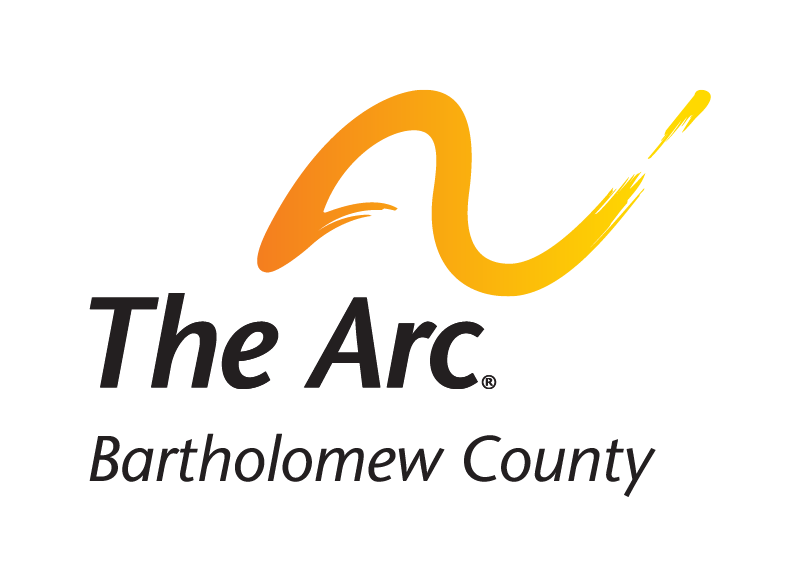Celebrating 3 Famous Women With Disabilities
Image created by David Walby
For International Women's Day this year, I would like to highlight some of the famous women with disabilities throughout history. These women have worked through adversity to achieve great things in their respective fields. It is my privilege to share this information with you to celebrate International Women's Day and Disability Awareness Month.
Temple Grandin:
Temple Grandin has always been a personal inspiration of mine. She was born with Autism Spectrum Disorder on August 29, 1947--a time when people with autism were commonly institutionalized.
She and her family went against the grain of the time, and she went on to earn her Ph.D. in animal science from the University of Illinois. She later revolutionized the livestock industry and had a prestigious scientific career where she wrote over sixty scientific papers on animal behavior.
She has also been a lifelong advocate of autism and disability rights. She made significant progress in improving the public perception of people with autism by demonstrating that they can be successful. Being on the autism spectrum myself, I have always taken inspiration from her to know that I don't have to be limited by my divergence.
Helen Keller:
Helen Keller (1880-1968) was an incredible figure serving as a disability rights advocate, author, and lecturer. She became both deaf and blind when she was around a year and a half old after becoming very sick.
Despite this, she learned how to communicate and eventually attended college at Harvard and became the first deaf and blind (deafblind) person to earn a Bachelor of Arts degree.
Over her life, she wrote over a dozen books and many more speeches, essays, etc. The materials varied in the topic but generally reflected her interest in political and disability rights advocacy.
She was and is inspiring to both women and people with disabilities. She served as an example of what people with disabilities can accomplish. Through her hard work and dedication, she reached a level of accomplishment unheard of for people with disabilities during that time. Helen Keller helped pave the way for future disability rights advocates.
Judy Heumann:
Judy Heumann (1947-2023) was a dedicated disability rights advocate, earning herself the name "Mother of the Disability Rights Movement." After contracting polio at eighteen months old, she was required to use a wheelchair for the rest of her life. However, she rejected the idea that her disability was a tragedy. She famously said:
"[My] Disability only becomes a tragedy for me when society fails to provide the things we need to lead our lives: job opportunities or barrier-free buildings. It is not a tragedy to me that I'm living in a wheelchair."
She first rose to prominence in the 1970 court case Heumann v. Board of Education of the City of New York. After being denied a teaching license under concerns of being unable to help students escape in case of a fire. Heumann sued on the basis of discrimination, and the case was eventually settled out of court after a local newspaper ran an article titled "You Can Be President, Not Teacher with Polio." She was the first person in a wheelchair to become a teacher in New York City and taught elementary school for three years.
With the acclaim gained from the New York court case, Heumann eventually entered into disability advocacy, something she did for the rest of her life. Later, she served as Assistant Secretary of Education for Special Education and Rehabilitation Services under Bill Clinton and as the inaugural Special Advisor for International Disability Rights under Barack Obama.
Judy Heumann had a tremendous impact on the outcomes and lives of people with disabilities. Her work helped pave a path for people with disabilities to be able to enter and interact with society on a fair and equal level. She truly earned the title "Mother of the Disability Rights Movement."
Thank you for joining us during International Women's Day and National Disability Awareness Month to learn about some incredible women who have shaped the future of disability rights and advocacy!

